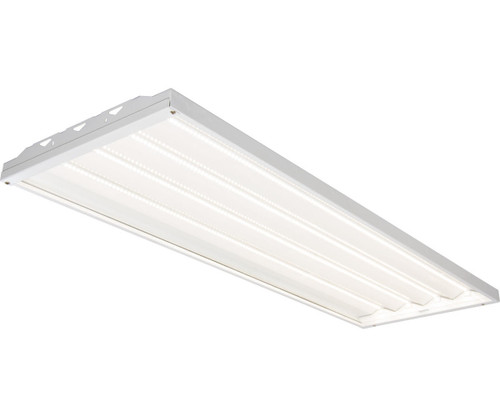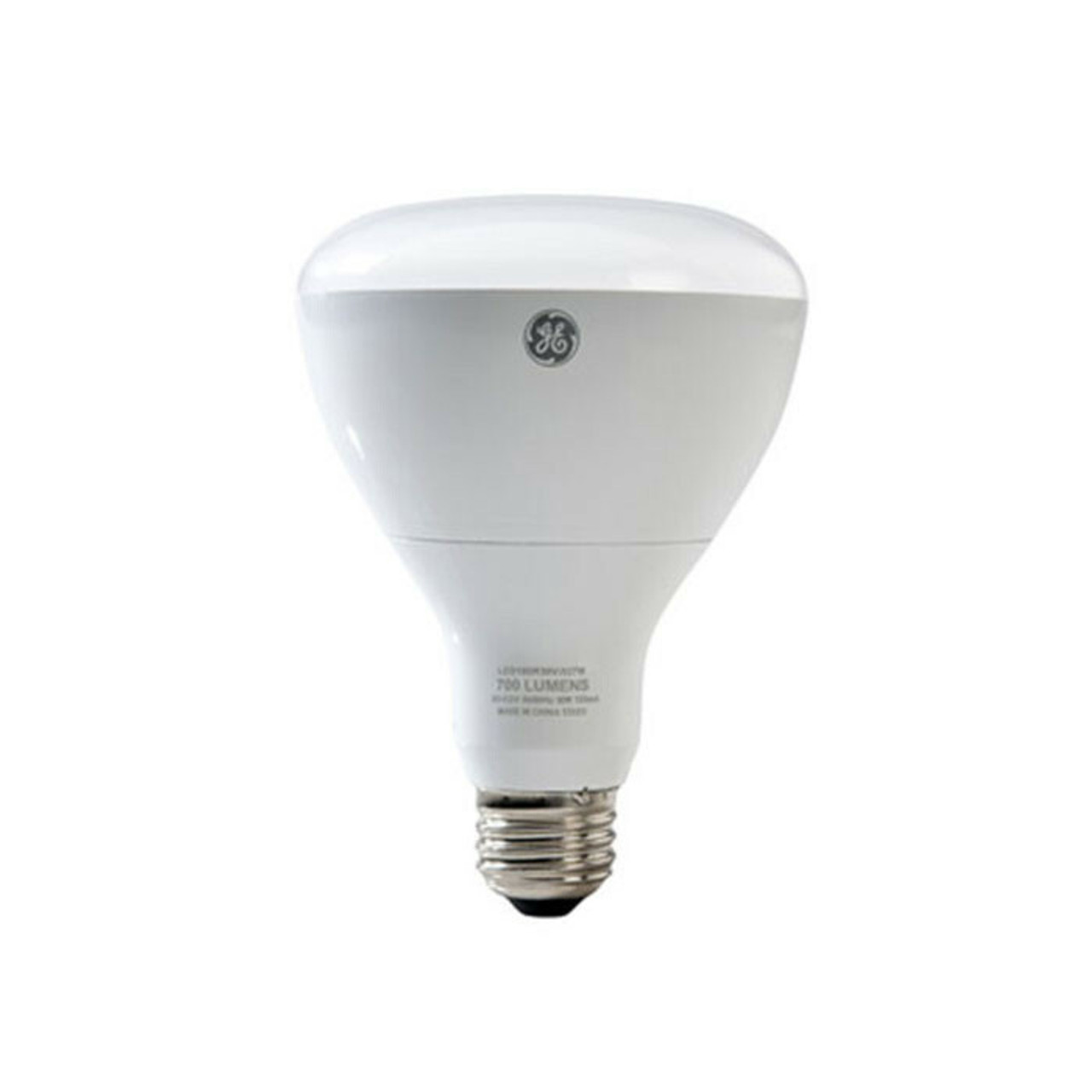-

-

California Lightworks
SolarStorm T8 Replacement UVB bulb, 18", 15W CLW0050 | California Lightworks
-

-

-

General Electric
GE Arize Greenhouse Pro Photoperiod LED Lamp, 10W, box of 10 BUL30140 | General Electric
Add to Cart$50.00 -

-

-

-

-

-

-

California Lightworks
California Lightworks SolarXtreme 250W, 120V CLW3021 | California Lightworks
Add to Cart$234.36

LED Lighting
Grow Lights For Plants, Flowers & Indoor Gardening
As 2021, the indoor and residential growing hobby has exploded and become one of the most popular hobbies in the United States. Whether you grow plants in your basement, grow flowers in your she-shed, or, let's be real, plan to grow marijuana, you know grow lights are only a part of your total plant growing investment and expenses.
Wherever you're starting, the horticulture experts here at lightingandsupplies.com understand everything about the indoor and outdoor plant growing products you need to be successful at your craft. Below, we dive into grow lights specifically.
What Are Grow Lights?
Grow lights create an artificial light source that is specific to a light spectrum to help support the chemical process of photosynthesis. As you may recall from your high school biology class, photosynthesis is the chemical process in which light energy is converted within a plant to energy a plant can use to grow and produce. Grow lights are found in situations that require certain ranges of heat and light wavelengths to support vegetation both indoors, and out. They also are generally found within a specific set up or light panel that helps concentrate their light output, although certain types can be bought as individual bulbs.
Grow lights for plants are easy to use and can plug into an electrical outlet. Often you have choices surrounding their specific uses in relation to plant health, and also may need to be changed out depending on what you need them for. They also are often strong in nature and may emit light that is harmful to your eyes, so care must be taken when using them. The horticulture experts here at Lightingandsupplies.com can assist you with all of your regular and LED Grow Light needs.
Types Of Grow Lights For Indoor Plants
Incandescent Bulbs
Incandescent light bulbs cost just a few dollars and are the cheapest option. Although they may do just fine for a few plants or used in conjunction with natural light in a sunny room, the heat of these bulbs requires a distance of two feet or more to prevent heat damage and should be used cautiously.
Fluorescent Lamps
Fluorescent lights are the most popular choice for home growers. Some newer types offer a wider light spectrum for all-purpose use, but traditional fluorescent bulbs lack the appropriate range for flowering and are best suited for germination and vegetative growth. Because they produce less heat, fluorescent lights are safer, more versatile and more effective than incandescent bulbs while remaining budget-friendly.
HID / MH / HPS Grow Lights
High Intensity Discharge solutions like Metal Halide (MH) and High Pressure Sodium (HPS) lights are good choices, though expensive to purchase and operate. Extremely efficient, high energy discharge throw a lot of light and the blue light of MH lights will promote vegetative growth, but produce less flowering. The red to orange hue of HPS lights are powerhouses when it comes to producing buds and flowers, but plants will be less sturdy. Used in tandem, MH lights are often used to promote leafy growth before swapping in HPS lights to encourage plants to flower.
LED Grow Lights
LED (light emitting diode) lights are the new kid on the block and are finding some popularity. Emitting virtually no heat and requiring little power to operate, LEDs can be programmed to accurately simulate the 5700K color temperature of sunlight and can simultaneously produce the red and blue band spectrums needed for both vegetative growth and flowering. LED grow lights are expensive, but prices are likely to fall as the technology develops.
At the end of the day, grow lights are no match for a sunny day, but are a great way to keep your plants, orchids, flowers, herb and weed. Select the option that best fits your budget and growing needs. Position lights carefully and, depending on the plants, leave them on no longer than 16 hours daily to best simulate ideal sunlight conditions.
Grow Lights vs Regular Lights - What's the Difference?
Benefits Of Grow Lights
The main difference between grow lights and regular lights are outlined below:
- Supports photosynthesis
- Specific to light spectrum wavelengths
- Use low energy draws
- Choices that are cooler to the touch
But be warned - some grow lights can be damaging to eyes, may not support all stages of plant growth, and can often be very expensive. Whatever you're growing, be prepared to invest a good bit of cash to get started with your plant growing hobby or plant growing facility.
Benefits Of Regular Lights For Plant Growing
Regular lighting has its benefits when attempting to grow plants:
- Energy efficient
- Long lasting
- Inexpensive
- Easy to find
The downside? Narrow spectral wavelengths, they typically don't support photosynthesis, and worst of all, can emit extremely high levels of heat, which can seriously damage your indoor plant growing lighting efforts.
Regular Light Bulbs For Growing Plants
If you just need light for your regular houseplants, any lamp or light fixture will do. Which one is best for you, depends on your needs.
You do want to make sure the light you choose has the correct color temperature, as light bulb temperature drastically improves performance.
The most popular types of light bulbs to use as grow lights are incandescent or fluorescent bulbs, but you can also use LED lights, halogen lights and traditional horticultural grow lights, like high-pressure sodium bulbs (HPS) and metal-halide bulbs (MH). The first two are fine for small gardens; if you’re got a larger grow, LED or HPS/MH make the most sense.
If you are thinking of growing plants from seeds, you’d be best off with hanging tube fixtures that you can place directly over your plants. Hanging grow light fixtures provide balanced, uniform light for your freshly-planted seedlings.
Top-Rated LED Grow Light Supplier Online
Lightingandsupplies.com is a lighting distributor of Indoor & Outdoor Commercial and Residential light fixtures and light bulbs. Based in the US, we carry the top LED lighting brands like EiKO, RAB Lighting, MaxLite, naturaLED, Westgate Lighting and more of the Top Lighting Manufacturers in the United States. We also carry a wide variety of Horticulture products by Hydrofarm, along with ceiling fans by RP Lighting+Fans and Emerson Ceiling Fans. Lightingandsupplies.com also provides rebate programs, expert lighting design advice, and lighting audits for large projects. As a wholesaler, authorized dealer and bulk distributor of lighting products, we take pride in our customer-focused 100% satisfaction guarantee and return policy.
For more information, call 888-325-4448 or email: info@lightingandsupplies.com.
